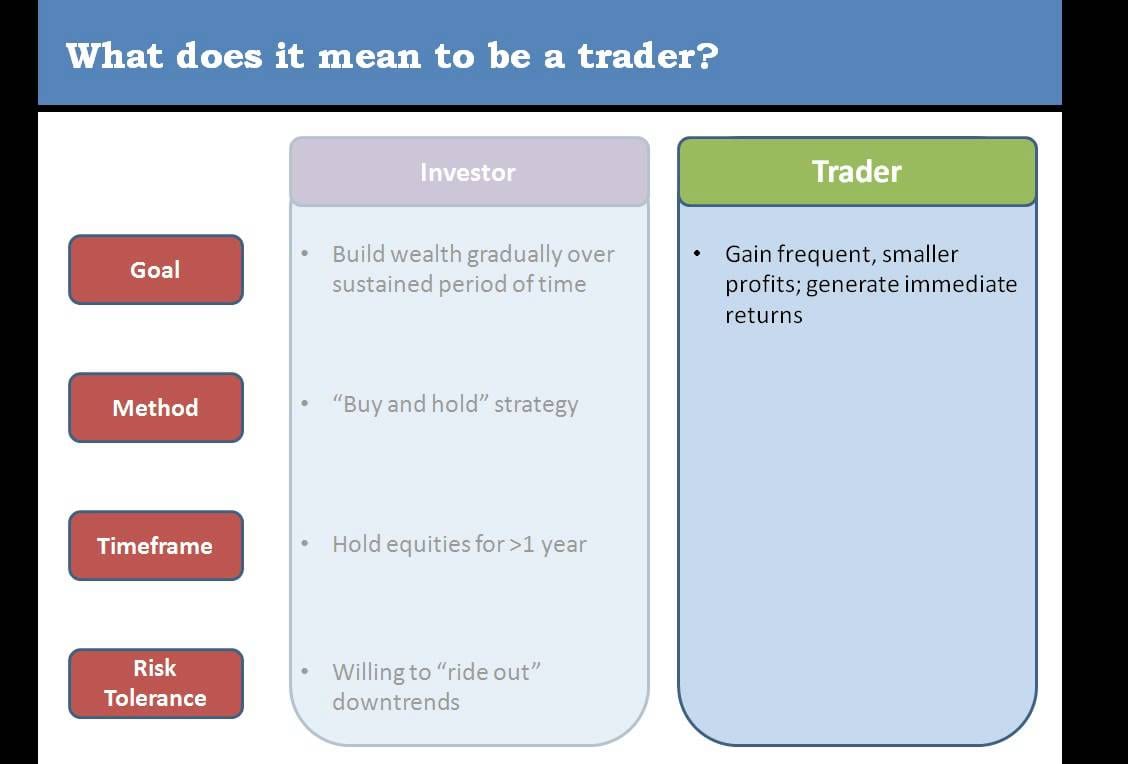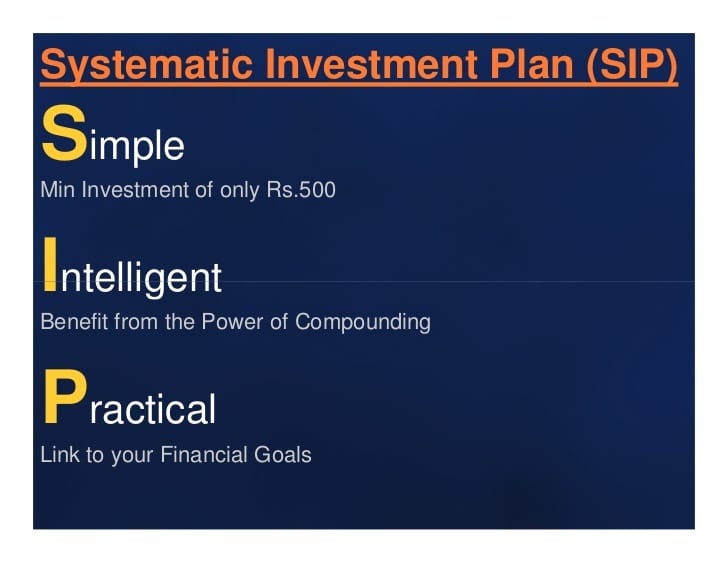Understanding the working of the stock exchange is an on-going process. No one will be able to fathom its intricacies to perfection. Its discipline is known only to it. Stock market accommodates everybody but listens to none. Strength of its armor lies in its moods and trends. An investor needs to carry on with the available discipline and learn from the past mistakes. Stock market is a great college of self-education. Look, how it humbled all the analysts, brokers, bankers and the so called investment wizards in the current volatility. None could avert the impending events and millions of investors lost their life’s savings. You remember and recall the gains made by your friends. But there were occasions when they too lost much and then recouped their energies to challenge the stock market with the experience gained.
In the game of stock trading you need to be an incessant learner to save yourself from the trading mistakes. Some of them are:
- Prediction of stock movements is a difficult task. Do not indulge in it.
- Try to learn the timing of the market, how to enter and exit trades.
- Apart from your own study and judgment, extensive reading of reputed stock journals, advice from at least two competitive experts before embarking upon heavy investments in a particular stock is essential. Along with the positive aspects that you have identified with the company, give serious consideration to the negative factors.
- Have a perfect theory understanding of the fundamental concepts and working of NSE, NASDAQ, Bull and the Bear Markets and the need to quickly adjust to the developments taking place in the volatile market.
- Mistakes in investments often happen due to impatience and the greed to make quick profits. This is not the proper way to understand and respond to the market.
- Before the advent of the internet, tools of trade like stock results, access to instant trades, analysis tools, charts, trading trends were not available to an average investor and one had to depend on the of the brokers. Now an investor can be self-sufficient and trade independently. This means one has opportunities for the asking, and the need to learn about the possible mistakes is all the more.
- Day trading is tempting but the chances and results of the mistakes are grim. Get associated with an active trading consultant, the expert in this area.
- In day trading, at the end of the day, you need to come out with a clean slate, as you are not expected to hold the instruments for more than a few minutes and not at all till the end of the day. You start each day afresh. Stock market index movements are linked to the share prices in one way or the other. Just like a boatman understands the movements of small or big waves and uses the oar at the appropriate degrees, your buying and selling activities need to be guided by the short term trends in the market. This is the critical area where an investor commits mistakes. With no fixed formula to avert the mistakes, your experience and confidence are the only guiding stars for you that will lead to profits or take you to losses.
- Do not trade beyond the limit of your liquid funds( funds available with you after providing for all living needs)
- For on-line trading, a high-speed Internet connection is a must. Trades are finalized in a fraction of a second in stock market, and you miss the opportunities, if your equipments do not deliver optimum level of efficiency and speed.
- Have a financial plan and a trading goal. Develop the habit of keeping records.
- Remain guided by the ground realities in the market, than by your moods. Do not have unrealistic expectations.
Keep the lessons of your past mistakes in the front row of your mind, and work in the stock exchange with a positive mindset and with proper understanding of the psychology of trading.






